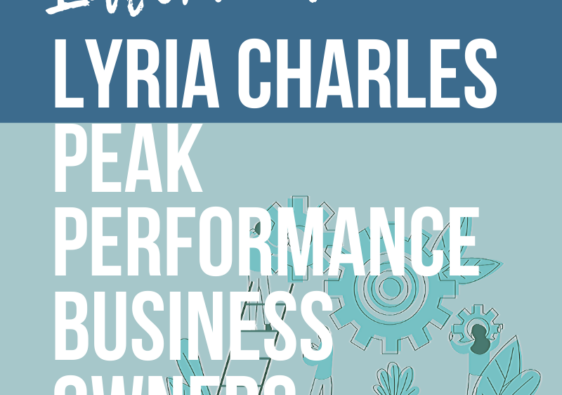This time of year, there is a lot of discussion (or complaining, in our region) about APPRAISALS. There are two types of appraisals that we generally talk about when we are focused on home ownership: Tax appraisals and Lender appraisals. Because property tax bills tend to arrive in our mailboxes in the spring, the question ‘Why is my house value so high?’ or ‘Why is my house value so low?’ is common come April. Then, when going through the process of buying a house, the Lender Appraisal comes into question. So which is which, and do we want either of them to be higher or lower than what we think our house is valued at?
What is a tax appraisal?
In Texas, each county has a tax appraisal district, headed by a tax assessor
Assessor
A local government official who determines the value of a property for local real estate taxation purposes. Assessors are trained to determine the fair market value of property. This value is converted into an assessment, which is one component in the computation of real property tax bills. [ref. https://www.investopedia.com/terms/a/assessor.asp]
The assessor works with a team to place value on properties around the county, and each municipality sets the rate at which those properties are taxed. The Texas Constitution and statutory law authorizes local governments to collect the tax. The state does not set tax rates, collect taxes, or settle disputes between citizens and local governments. Revenue from the taxes goes toward local public works and other entities as decided by local government, and voted on by its citizens. Usually it pays for schools, roads, police and other emergency personnel, and could also subsidize special water or hospital districts, public transportation, road/bridge construction or improvement, and more.
While most communities will value the property at an actual market value, it is common that the valuation will be lower than what you might list your property to sell. In texas, the law states that no property owner is required to disclose to the government how much they paid to purchase the property, and the valuation made by the tax appraisal district must not exceed the purchase price. Which is to say that the only time you want to disclose how much you paid to buy a house, is when the tax valuation is higher than what you paid for it.
What is a lender’s appraisal?
Any time a bank or mortgage company prepares to loan money to purchase a property, it is in their interest to make sure that the property is worth at least what the buyer plans to pay for it, no matter what the actual amount of the loan is. In order to do this, they will hire an impartial third party in the form of a state-licensed appraiser to provide an opinion of price and value of the property.
Basically, the lender will hire an appraiser to make sure the amount they are lending towards is the value of the property in case the buyer defaults on the loan (goes into foreclosure) at some point in the future, and the bank ends up owning it.
As someone who is buying or selling a property, you want the lender’s appraisal to be the same or more than the price that is offered in the purchase contract. If the lender’s appraisal is lower than the amount offered, either the buyer will have to make up for the difference from their own cash reserves, or the seller will have to consider lowering the price… The lender will not be the one to meet in the middle in this type of circumstance.
Hopefully this shines some light on the difference between the property tax appraisal and the lender appraisal. In both circumstances, if the appraisal is considered incorrect, a Realtor can help by providing up-to-date market-related information.
Have you ever found yourself in one of the circumstances I described above? What did you do to fix the situation? Let us know in the comments section below.


